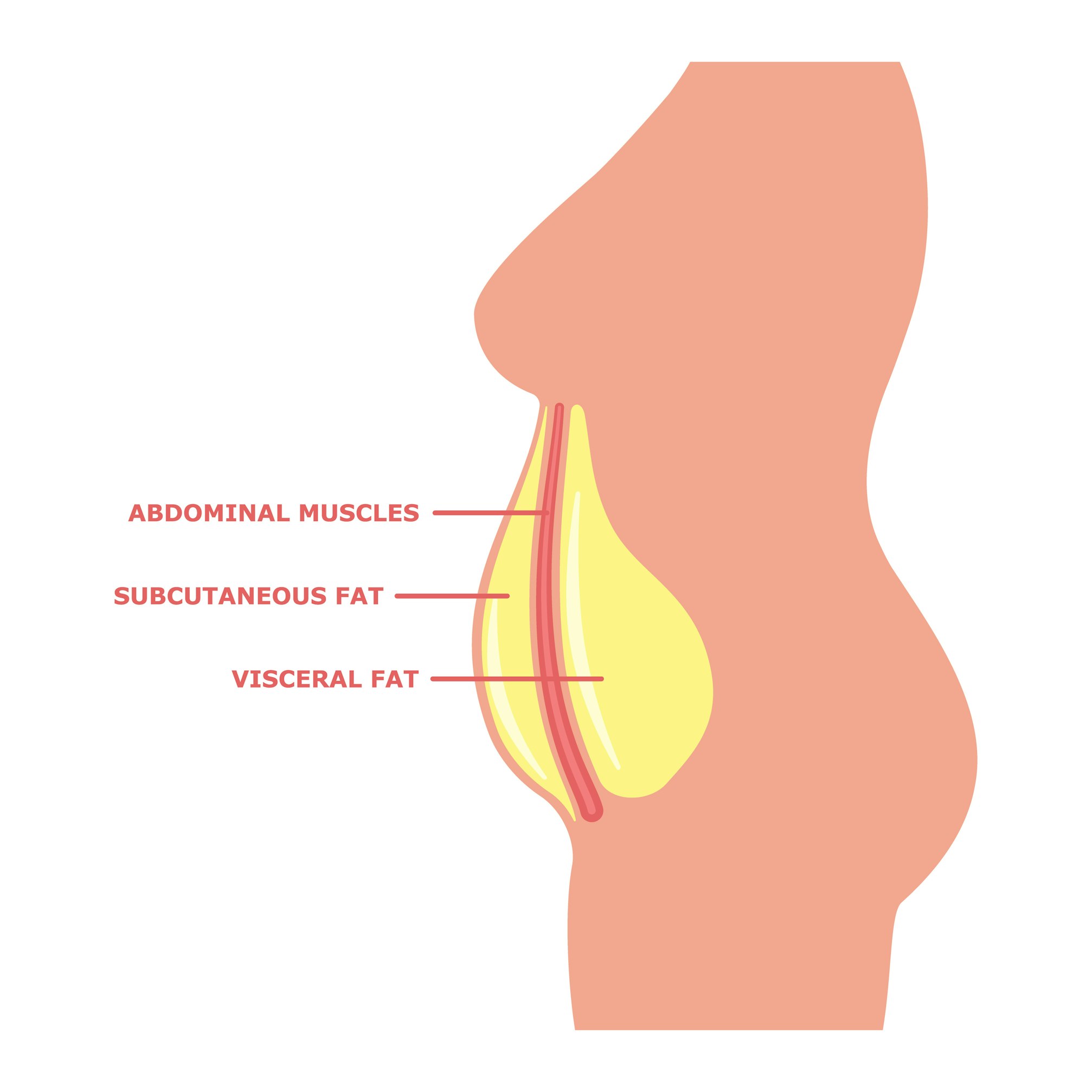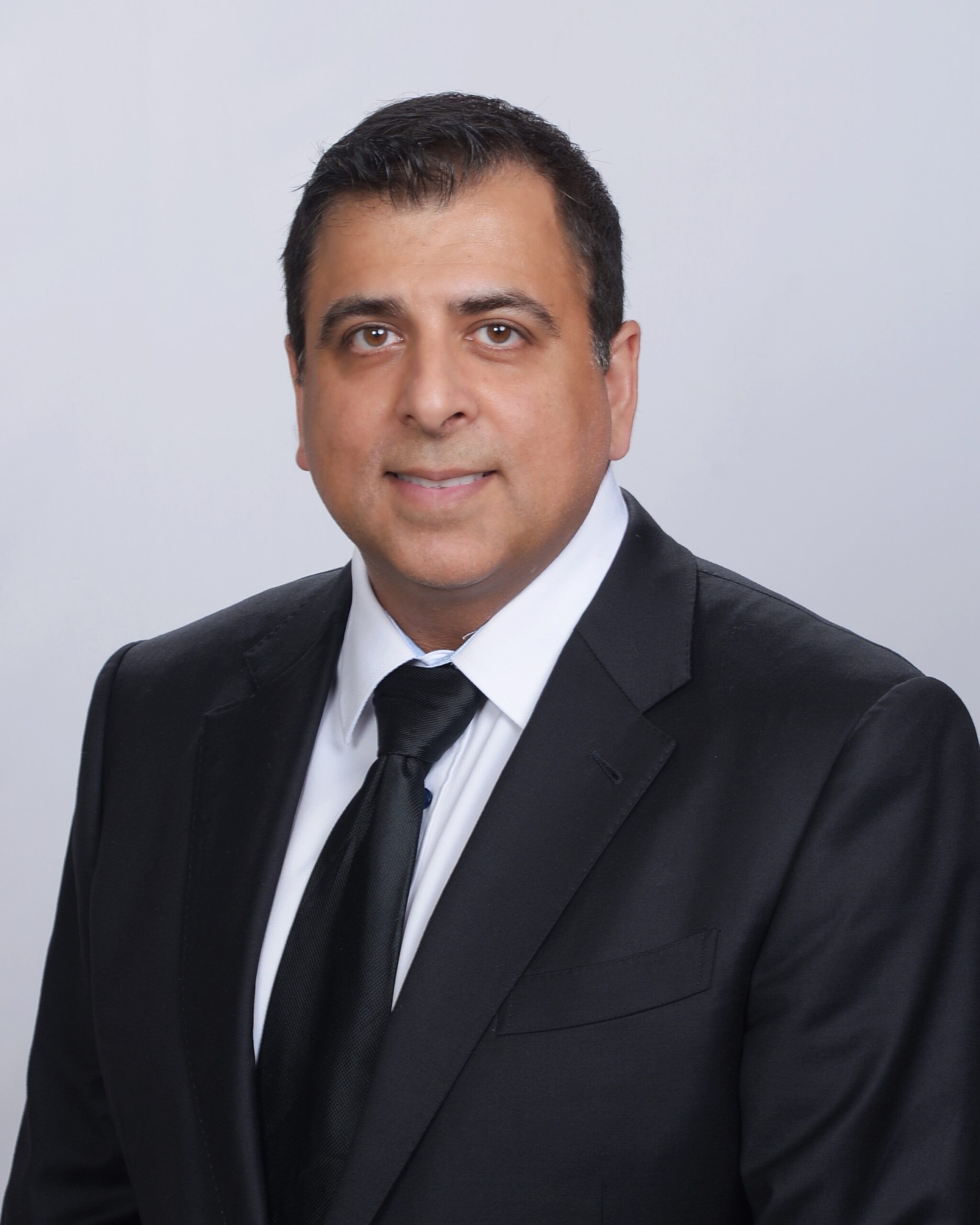Belly fat is one of the most challenging types of fat to lose, and for good reason. This stubborn fat not only affects your confidence but also poses significant health risks. Understanding why belly fat is so persistent and exploring effective solutions for lasting fat loss, including options like abdominal fat removal and bariatric surgery, can help you take control of your health and well-being.

1. Hormonal Factors
Hormones play a significant role in fat storage, especially around the stomach. Cortisol, the stress hormone, is a major culprit in promoting the accumulation of visceral fat (fat stored deep within the abdominal cavity). Imbalances in insulin, estrogen, and testosterone can also contribute to stubborn belly fat.
2. Fat Distribution and Genetics
Your genetics largely determine where your body tends to store fat. For many people, the abdomen is the primary storage area for excess fat, making it more difficult to target and reduce.
3. Metabolism and Age
As you age, your metabolism naturally slows down, leading to increased fat storage, particularly in the midsection. Additionally, muscle mass decreases with age, further slowing down your calorie-burning capacity.
4. Visceral vs. Subcutaneous Fat
Belly fat consists of two types: visceral fat and subcutaneous fat. While subcutaneous fat sits just under the skin and is easier to lose, visceral fat surrounds your internal organs, making it harder to burn off. Visceral fat is also more metabolically active, releasing hormones and chemicals that can increase inflammation and health risks.

While surgical options like abdominal fat removal can be effective, the key to lasting results is a combination of lifestyle changes and medical support. Whether you choose to focus on diet and exercise, opt for non-surgical treatments, or explore bariatric surgery, taking proactive steps can help you achieve your goals and maintain them for the long term.
If you’re struggling with stomach fat removal or considering bariatric surgery, the Tampa Weightloss Institute is here to help. Our expert team offers personalized solutions, including advanced surgical options like Roux-en-Y Gastric Bypass, Duodenal Switch, and Sleeve Gastrectomy. We provide the tools, support, and guidance you need to achieve lasting fat loss and improve your quality of life.
Take the first step toward a healthier, leaner you. Contact the Tampa Weightloss Institute today!
-Disclaimer-
The information provided on this website is for educational and informational purposes only and is not intended as medical advice. Always consult with a qualified healthcare provider regarding any medical concerns, conditions, or treatment options. Individual results may vary. The services described are not intended to diagnose, treat, cure, or prevent any disease. Any medical procedure should be discussed thoroughly with a licensed professional before beginning treatment.

Dr. Amit Taggar is a board-certified, fellowship-trained bariatric surgeon and the founder of Tampa Weight Loss Institute. Recognized globally for his expertise in robotic weight loss surgery, Dr. Taggar specializes in Roux-en-Y gastric bypass, vertical sleeve gastrectomy, duodenal switch, and complex bariatric revisions. He has trained surgeons from around the world and performed live surgical demonstrations at major international conferences.
Committed to empowering patients on their weight loss journey, Dr. Taggar emphasizes a comprehensive approach to long-term success, integrating advanced surgical techniques with personalized aftercare. At Tampa Weight Loss Institute, he leads a team dedicated to transforming lives through compassionate, patient-centered care.